17 Dogs That Might Be Too Much Work for Older Owners
Finding the right dog is about more than just size or temperament. For seniors, it’s about balance—having a loyal companion without the constant demands of training, exercise, and upkeep. Some breeds are simply too energetic, too strong-willed, or require more attention than many older adults can realistically manage. While every dog has its charm, these breeds may not be the best fit for a senior lifestyle.
Siberian Husky
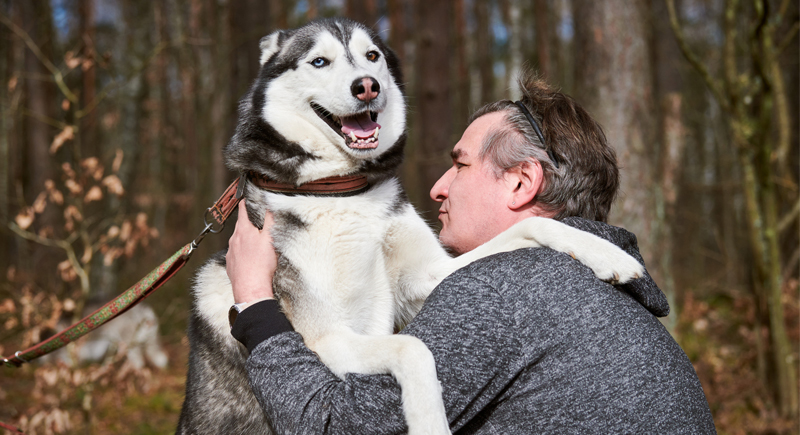
Credit: iStockphoto
Owning a Husky is like adopting a furry tornado. They need constant exercise, mental stimulation, and a strong handler who can keep up. Left to their own devices, they’re escape artists and professional diggers. Their thick coats mean heavy shedding year-round, and their independent streak makes training a challenge. Seniors looking for a low-maintenance companion should look elsewhere.
Border Collie
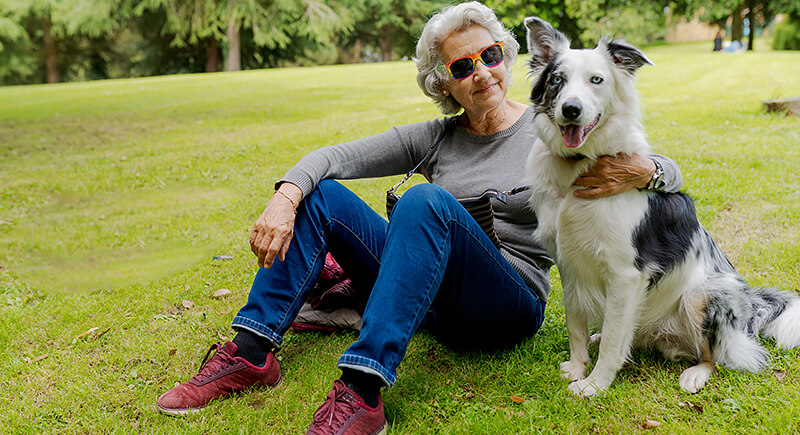
Credit: iStockphoto
Brilliant but relentless, Border Collies thrive when given a job. Originally bred for herding livestock, they need constant activity to stay happy. Without daily runs, puzzles, and tasks, they’ll make their own fun—usually in ways that aren’t senior-friendly. Their energy level and need for engagement are simply too much for a more relaxed household.
Jack Russell Terrier
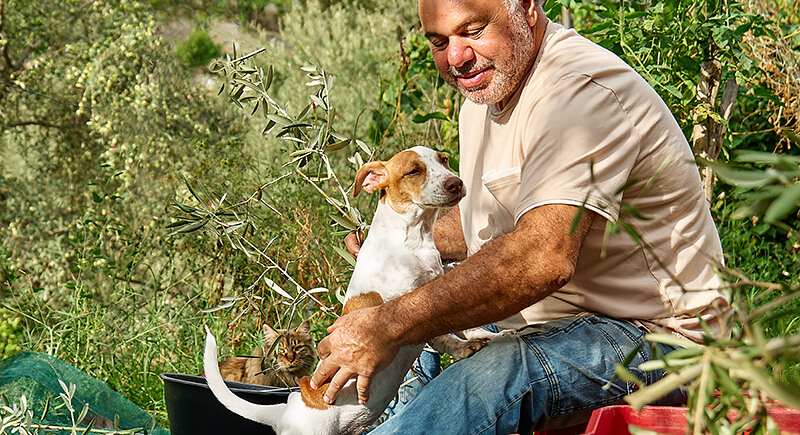
Credit: iStockphoto
These tiny dogs are all attitude. Jack Russells were bred for fox hunting, and that instinct hasn’t faded. They have boundless energy, love to dig, and have no problem barking at anything that moves. Without consistent training, they can become territorial and stubborn. A stubborn, hyperactive dog isn’t the best choice for someone looking for a relaxed pet.
Dalmatian
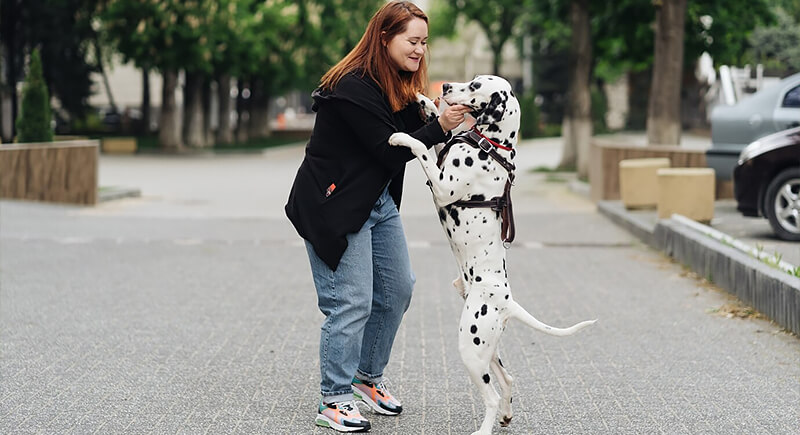
Credit: freepik
Despite their elegance, Dalmatians are notoriously difficult to train. They have boundless energy and need daily exercise to prevent destructive behavior. Historically used as carriage dogs, they thrive with high-intensity activity. They also shed heavily year-round, meaning lots of clean-up. Their stubborn nature and high maintenance make them a tough fit for seniors.
Labrador Retriever
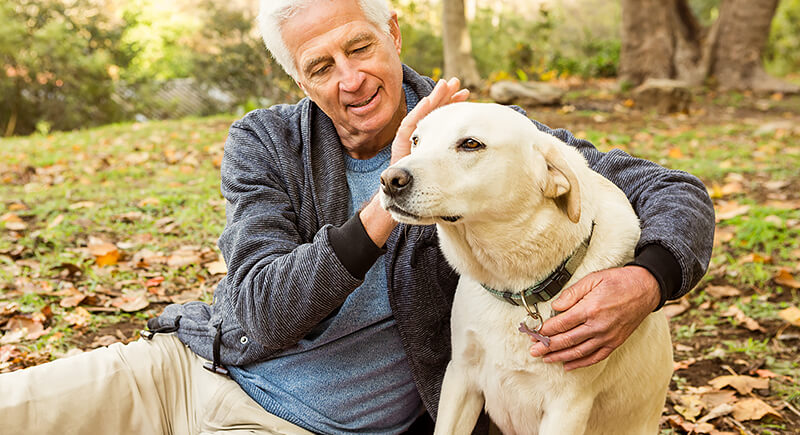
Credit: iStockphoto
Friendly? Absolutely. Low-maintenance? Not at all. Labs are affectionate and social, but they need frequent exercise and stimulation. Without it, they can become destructive. They also shed—a lot. While their loyalty is unmatched, keeping up with their physical needs can be overwhelming, making them a poor match for a less active household.
Akita
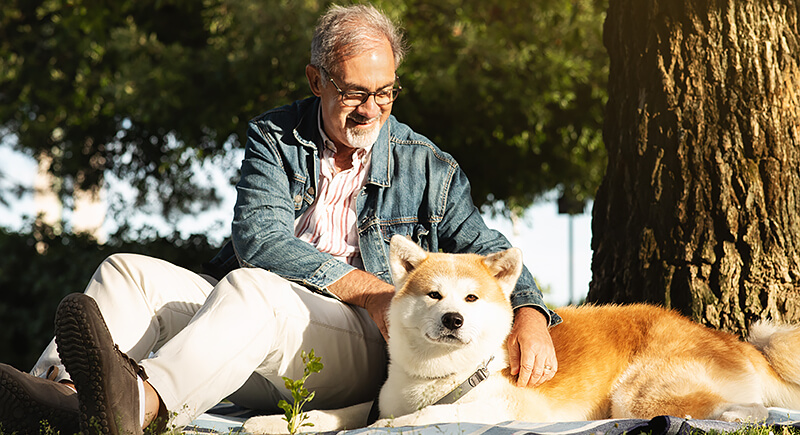
Credit: iStockphoto
Akitas are powerful, independent, and deeply loyal. But they’re also strong-willed and require an experienced hand in training. Originally bred as hunting and guard dogs in Japan, they can be territorial and aloof with strangers. Their thick double coat sheds heavily, and their protective instincts make them unpredictable at times—traits that can be difficult for a senior owner to manage.
Australian Shepherd
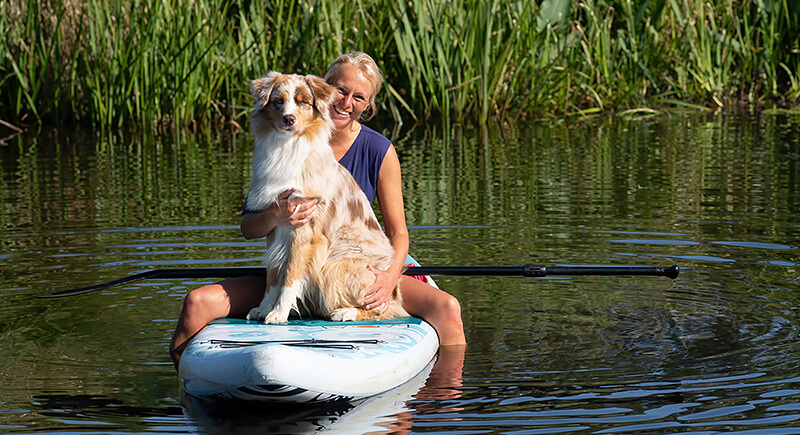
Credit: iStockphoto
Australian Shepherds are working dogs through and through. Their intelligence and eagerness to learn make them trainable, but they demand constant stimulation. If they don’t get enough exercise, they can develop behavioral issues. Their thick coats require regular grooming, and their herding instincts can lead them to “round up” kids, other pets, or even their owners.
Beagle

Credit: iStockphoto
Beagles may be small, but their energy and stubborn streak make them difficult for some seniors. Originally bred for tracking, they follow their noses—often into trouble. They tend to bark and howl more than other breeds and are prone to weight gain if they don’t get enough exercise. Their playful but strong-willed nature makes them a handful.
Pit Bull
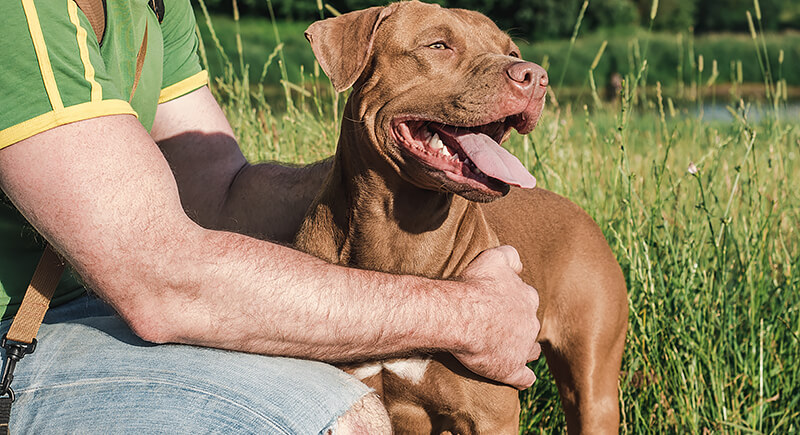
Credit: iStockphoto
Pit Bulls are loving and loyal, but they need extensive training, socialization, and exercise. Their strength and energy levels can be overwhelming, and without proper guidance, they may develop behavioral issues. They also require a confident, experienced owner who can establish firm boundaries—something that may not be ideal for a senior looking for an easygoing pet.
Rottweiler
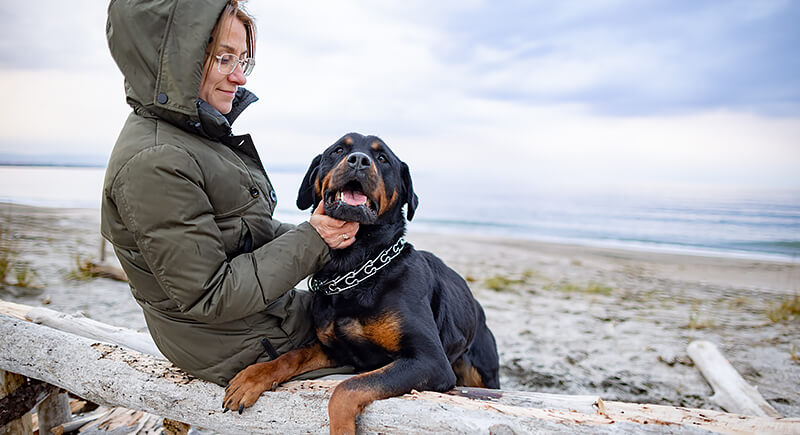
Credit: iStockphoto
Rottweilers are natural protectors with a strong build and dominant personality. They require consistent training and socialization to prevent aggressive tendencies. While they can be loving companions, their sheer strength and guarding instincts can be difficult to manage. Without an experienced handler, they can become territorial, making them a risky choice for seniors.
Chihuahua

Credit: freepik
Despite their small size, Chihuahuas come with a big personality. They can be feisty, vocal, and prone to separation anxiety. They’re also difficult to house train and need consistent socialization to avoid aggressive tendencies. While their size makes them seem ideal, their stubbornness and need for attention can make them high-maintenance pets.
Pug
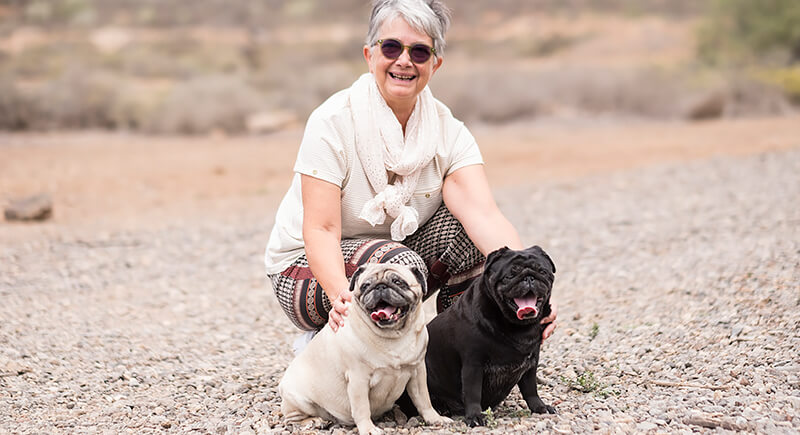
Credit: iStockphoto
Pugs may seem like the perfect lap dogs, but their health concerns make them a challenging breed. Their short snouts lead to breathing difficulties, and they’re prone to obesity, which requires strict diet control. They also shed heavily year-round. While affectionate and friendly, they require more upkeep than many expect.
Chow Chow
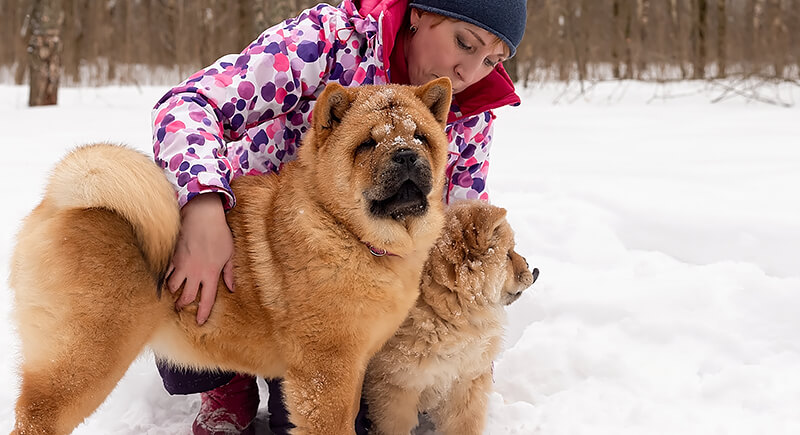
Credit: iStockphoto
Chow Chows are independent, reserved, and require experienced handling. They’re not overly affectionate, and their thick coats need constant grooming. Originally bred as guard dogs in China, they can be territorial and wary of strangers. Their strong-willed nature and high-maintenance fur make them less than ideal for seniors seeking an easygoing companion.
Bloodhound
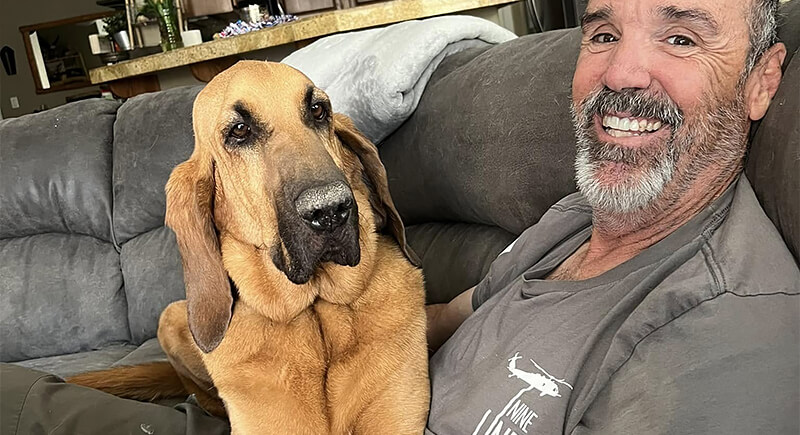
Credit: Facebook
Bloodhounds are known for their incredible sense of smell, but that skill comes with a price. They’re stubborn, require a lot of exercise, and are prone to following scents into mischief. Their droopy skin and long ears require frequent cleaning to prevent infections. Their laid-back nature might seem appealing, but their care needs are significant.
Cane Corso
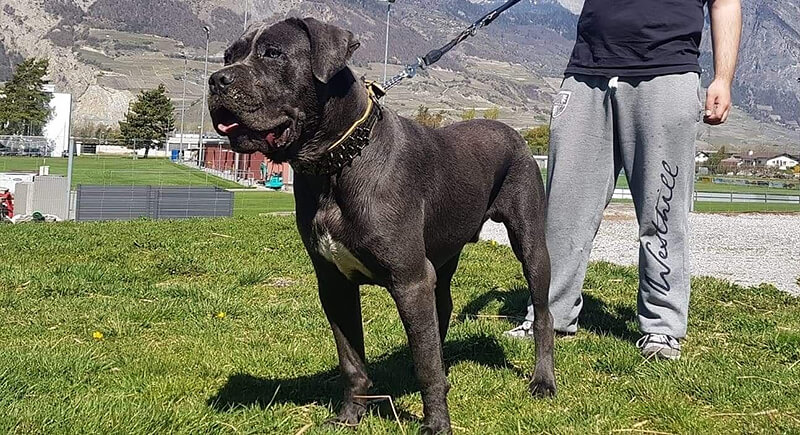
Credit: Facebook
This powerful Italian mastiff was bred for guarding and protection. Cane Corsos require consistent training and socialization, and their sheer size and strength can be intimidating. They need an experienced owner who can set firm boundaries. While deeply loyal, their guarding instincts and exercise needs make them a poor fit for seniors.
Belgian Malinois
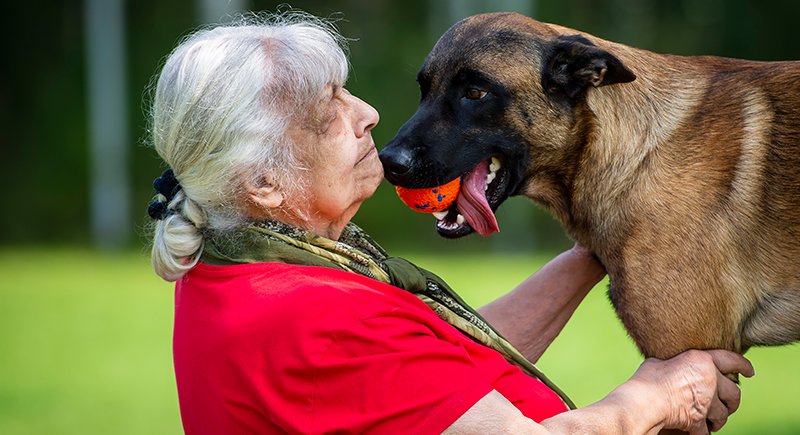
Credit: iStockphoto
Belgian Malinois are incredibly smart and intensely driven, which is precisely the problem. Bred for police and military work, they need hours of daily exercise and constant mental challenges. Without structured training, they become anxious or destructive. This breed thrives on nonstop purpose, not a slow, easygoing routine.
Alaskan Malamutes
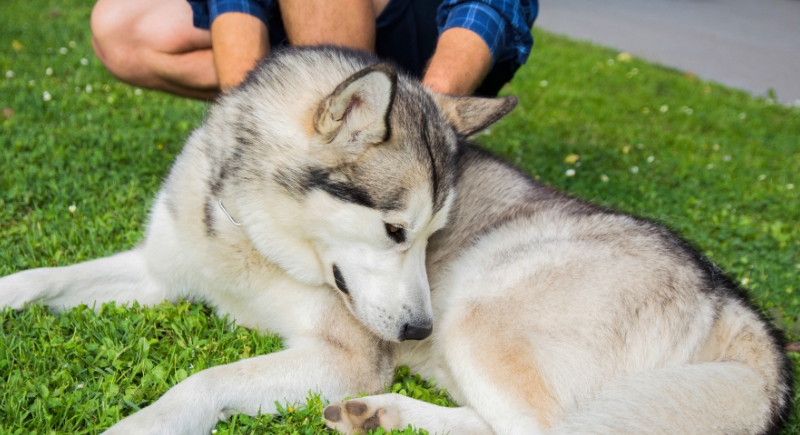
Credit: Getty Images
Alaskan Malamutes are powerful working dogs built to haul heavy loads across frozen terrain. They require daily exercise, firm training, and ample space. Their thick coats shed relentlessly, and their strength can overwhelm even the most experienced handlers. Managing grooming, activity, and stubborn independence can be exhausting for older owners.